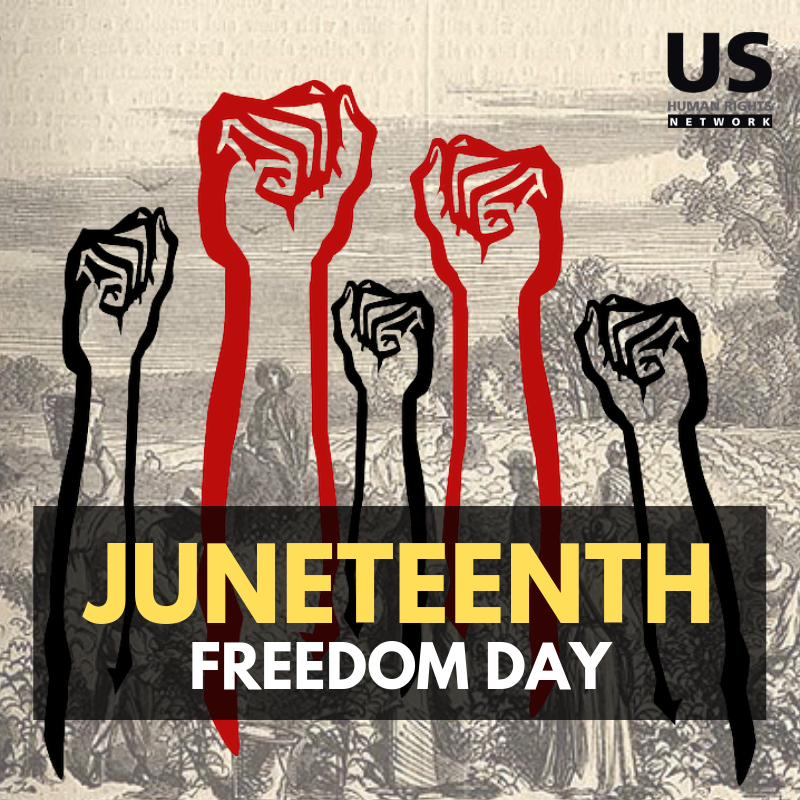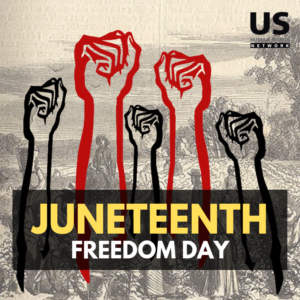
“Juneteenth Should Be a National Celebration of Freedom”
by Marcus J. Molinaro
Dutchess County Executive
Make Juneteenth a national holiday. Just as July 4th is the day we celebrate our independence and birth of our nation as a land of liberty, opportunity, and freedom, Juneteenth should be the day we celebrate the integral step our nation took toward more fully realizing the promise put forth on that faithful day in 1776 — “that all men are created equal.”
Juneteenth honors the day, June 19, 1865, Major General Gordon Grange – a New Yorker- brought word to Texas of President Lincoln’s Emancipation Proclamation, thereby declaring all 250,000 enslaved people in the State free. At the time, Texas was the last major outpost of slavery in the nation, the westernmost confederate state, and a destination for slaveholders fleeing the Union. Although the declaration didn’t result in immediate freedom for many and came nearly two-and-a-half years after the Emancipation Proclamation took effect, in 1866, Jun 19th became a date to rally around for freed men and women.
For generations, African Americans and others across the nation have celebrated Juneteenth, paying tribute to African American freedom and achievement, with historical lectures, cookouts, baseball, and family reunions. In 1980, Texas was the first state to designate it as a holiday and 45 States officially recognize the day. Recently, both Virginia and New York began the process of making Juneteenth a paid holiday for state employees.
Slavery was our nation’s original and most heinous sin. It was the great contradiction of our founding. How could a nation founded on the promise “that all men are created equal” survive while condoning and harboring the institution of slavery? In the end, the United States of America and slavery could not co-exist. The nation of liberty and freedom could not endure while millions were enslaved and treated as mere property. Juneteenth in many ways represents a reckoning, another step toward living the ideals of our republic.
Our history is one of experimentation, conflict and contradiction, but also correction and progress. Our founding fathers, many of whom embodied the very contradiction we are discussing, struggled with the issue of slavery and its ability to coexist with their conception of this nation. Lines were included, then removed from the Declaration of Independence which admonished the enslavement and treatment of African Americans. The Constitution included provisions that protected the institution of slavery, while never explicitly mentioning it. Yet both documents were used by abolitionists and political leaders, including the Great Emancipator himself, President Abraham Lincoln, to prosecute their case.
Slavery endured until the Union’s victory in the civil war and the ratification of the 13th amendment. In many ways, the end of slavery – whether it be the day the 13th amendment was passed or ratified, the day in 1865 Juneteenth honors, or another day where the roots of that most egregious institution were ripped up – is in many ways the day America was reborn. Lincoln noted this at Gettsyburg, “that this nation shall have a new birth of freedom and that government of the people, by the people, for the people, shall not perish from the earth.”
Juneteenth is a celebration of that rebirth, a moment on the continuum of perfecting our union that began on July 4, 1776, and has carried forth to this day. A day that America became freer and more equal. A day we can be proud of our nation and how far we come. Today, as a National Holiday, Juneteenth can importantly be a day where we take stock of all we have left to do in our enduring quest to ensure life, liberty, and equal access to that pursuit of happiness. To further forge a nation where racial inequality is no more and where freedom and opportunity endure for every American.
Juneteenth should be a national celebration of freedom, of healing and hope; of achievement of perseverance, and recognition of our capacity to right old wrongs. It should be a day where we come together to reckon with our past and dream of a better future. Making Juneteenth a national holiday is not a solution for all our ills, but a chance to unite our history, strengthen our union and come closer to fulfilling and protecting the sacred and radical declaration that all are created equal.

